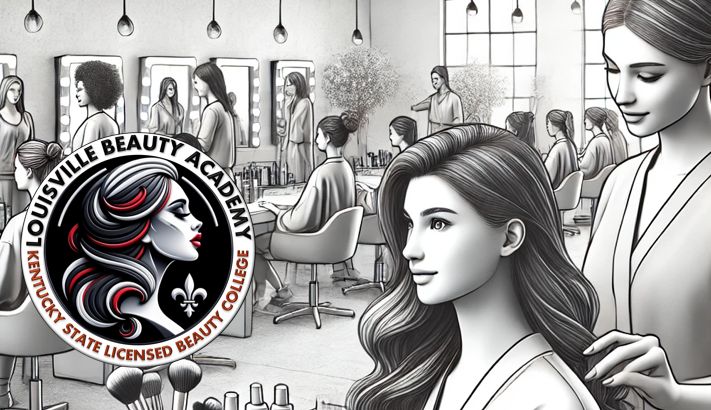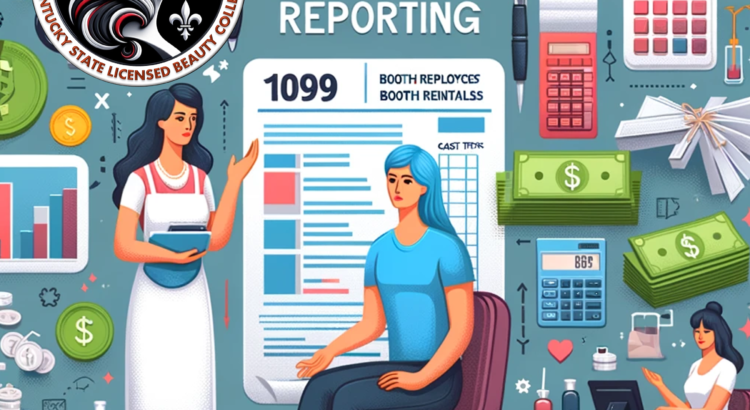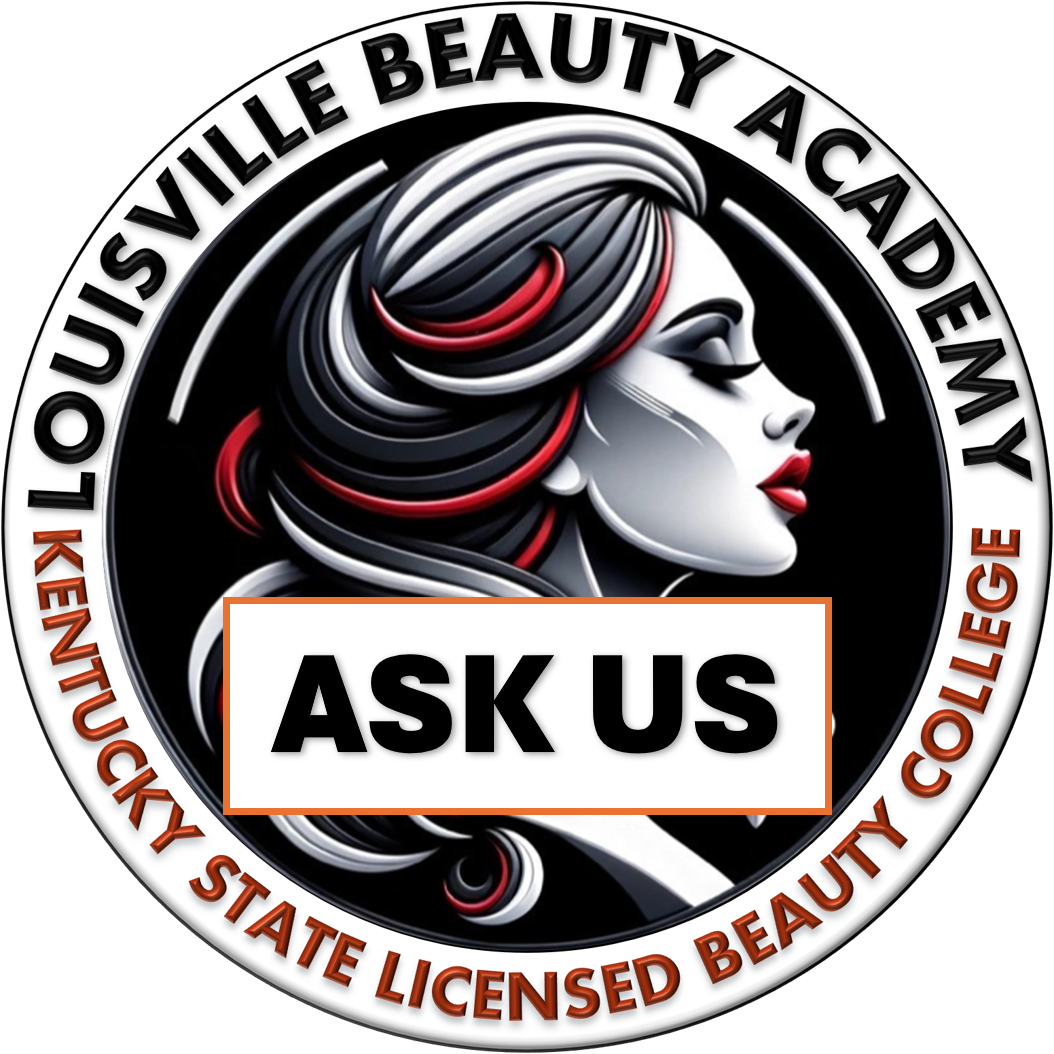When choosing a beauty college—or any college—one critical question should guide your decision: “How much debt am I getting into?” At Louisville Beauty Academy, we believe your education should unlock opportunities, not weigh you down with financial burdens.
As a Kentucky state-licensed and state-accredited beauty college, Louisville Beauty Academy is dedicated to providing an affordable, practical education that sets you on the path to a fulfilling career in the beauty industry. Our approach prioritizes flexibility, affordability, and student success, empowering you to graduate ready to thrive—without unnecessary financial strain.
Graduate Debt-Free: A Win-Win Opportunity
At Louisville Beauty Academy, we recognize that everyone benefits when students succeed. That’s why we encourage you to work hard and graduate quickly, providing a path that minimizes costs and maximizes outcomes. For those committed to this goal, we offer tuition discounts of up to 50-75%, allowing you to graduate with little to no debt. This approach is more than a financial advantage—it’s a transformative opportunity to start your career strong and unburdened.
Flexible and Affordable Options for Every Student
Life is unpredictable, and not everyone can follow the same path. That’s why we also offer flexible schedules for students balancing work, family, or other commitments. Even if you can’t complete your education on an accelerated timeline, you’ll find our programs affordable, practical, and designed to fit your life. With a pay-as-you-go model, you can focus on learning and progressing without the stress of accumulating debt.
Why Louisville Beauty Academy?
- State-Licensed and Accredited: Rest assured that your education meets the highest standards in Kentucky.
- Affordability and Flexibility: Tailored tuition plans and schedules prioritize your financial well-being and personal needs.
- Debt-Free Graduation Potential: Our discounts and payment options ensure you can complete your education without financial stress.
- Proven Success: With over 1,000 graduates—many of them new immigrants—and a nearly 90% job placement rate, our results speak for themselves.
- Student-Centric Philosophy: Whether you want to graduate quickly or take your time, we’re here to support your journey every step of the way.
Your Real Education Begins After Licensure
While Louisville Beauty Academy equips you with the knowledge and skills to pass the state licensing exam, we emphasize that your true learning journey starts when you enter the workforce. Success in the beauty industry comes from hands-on experience, building relationships with clients, and continuously honing your craft. We focus on getting you to the starting line—licensed, confident, and ready to grow.
Empowerment Through Choice
At Louisville Beauty Academy, we empower our students by giving them choices. Whether you aim to graduate quickly with minimal costs or need a flexible approach, we’ll help you find the path that works for you. The power of choice and control over your future is what sets us apart.
Your Future Begins Today
When you choose Louisville Beauty Academy, you’re not just enrolling in a beauty program—you’re making a meaningful investment in yourself and your future. Let us help you take control of your career with an education that prioritizes your success without compromising your financial health.
Ask yourself: “How much debt am I willing to carry into my future?” At Louisville Beauty Academy, the answer can be: “None.”
Take the first step toward a brighter, debt-free tomorrow. Join Louisville Beauty Academy and start building the future you deserve.
Disclaimer
Louisville Beauty Academy is a Kentucky state-licensed and state-accredited beauty college. Programs are designed to meet state requirements for licensure. Graduation from the Academy does not guarantee licensure, as students must pass the state licensing exam. Tuition discounts, flexible schedules, and time to completion depend on individual circumstances, including attendance and academic performance. The Academy provides career guidance but does not guarantee job placement. Program details and outcomes vary by student, and prospective students should contact the Academy for tailored information. Louisville Beauty Academy is committed to maintaining an inclusive and supportive environment for all students.










